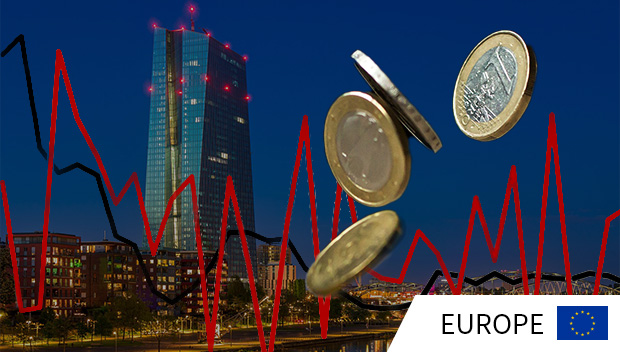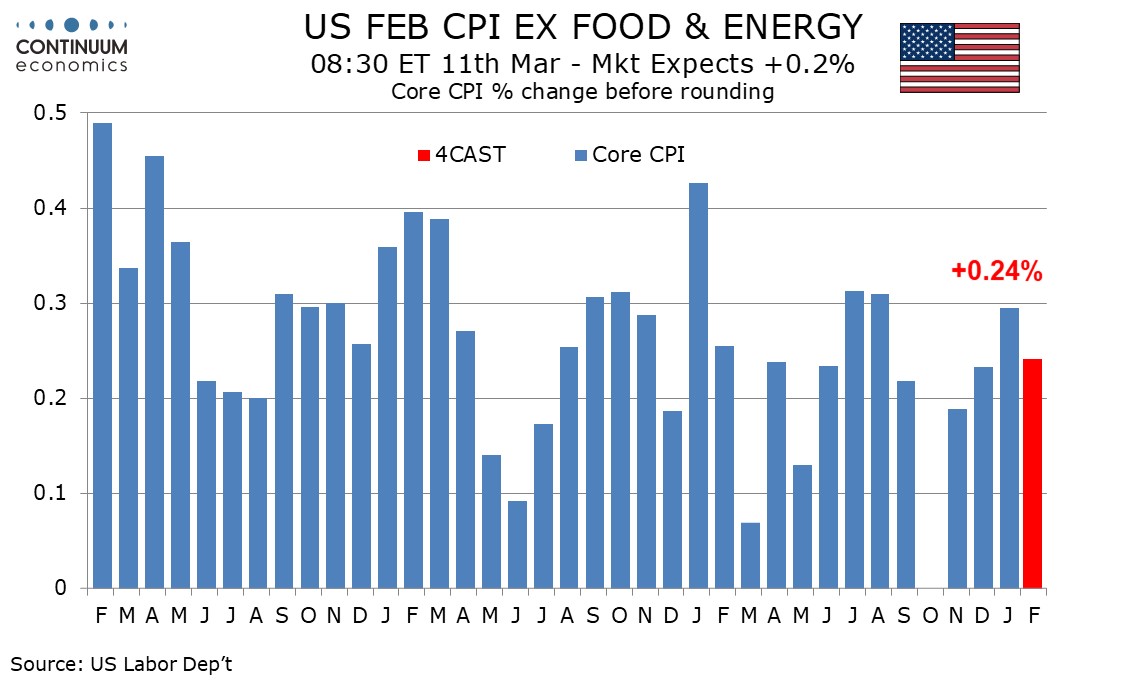View:

EUR/USD: Europe’s Counter Threats to Trump
February 10, 2026 11:05 AM UTC
· Europe is highly unlikely to weaponize its existing portfolio holdings or new flows into the U.S., as Europe is dependent on the U.S. nuclear umbrella and as EZ/EU decision making is slow and modest in action. Such a move would be strongly opposed by EZ/European investors. Even so,

Iran: What Length For War?
March 2, 2026 7:44 AM UTC
· If the war is short (ie 1-2 weeks) and leads to a ceasefire then the global economic impact will be small, with the greatest impact in the middle east of oil/gas supplies on a temporary basis and tourism. If the war is more prolonged (ie months) then oil/gas supplies could be sque

India’s CPI Overhaul: Smoother Prints, Deeper Scrutiny
February 16, 2026 6:37 AM UTC
India’s January 2026 CPI rose to 2.75% yr/yr, marking the launch of a rebased 2024=100 index that better reflects modern consumption patterns. Food’s reduced weight is likely to dampen headline volatility, while services, housing and discretionary spending will exert greater influence going forw
This week's five highlights
February 13, 2026 12:00 PM UTC
U.S. January Employment Stronger across the board, will keep Fed in no hurry to ease
This Week's Fed Speakers
BoC Minutes Show Steady policy dependent on economy evolving as expected
UK GDP Underlying Economy Fragility Does Continue
Landslide Victory for Japan LDP
Asia Open - Overnight Highlights
March 4, 2026 12:00 AM UTC
EMERGING ASIA
EM currencies are trading mostly weaker against the greenback for strong haven bids grasp the market and sent USD flying. The biggest losers are KRW by 3.31%, TWD 0.58%, MYR 0.48%, PHP 0.43%, CNH 0.27%, SGD 0.23%, CNY 0.19%; while the only winners are HKD 0.21% and IDR 0.02%.
USD/CNH is

Preview: Due March 11 - U.S. February CPI - A moderate gain, but inflation not yet defeated
March 3, 2026 7:30 PM UTC
We expect February’s CPI to increase by 0.3%, with a 0.2% increase ex food and energy. Before rounding we expect the gains will be similar, with the overall CPI rounded up from 0.26% and the core rounded down from 0.24%. CPI has slowed, but it is too soon for the Fed to declare victory.